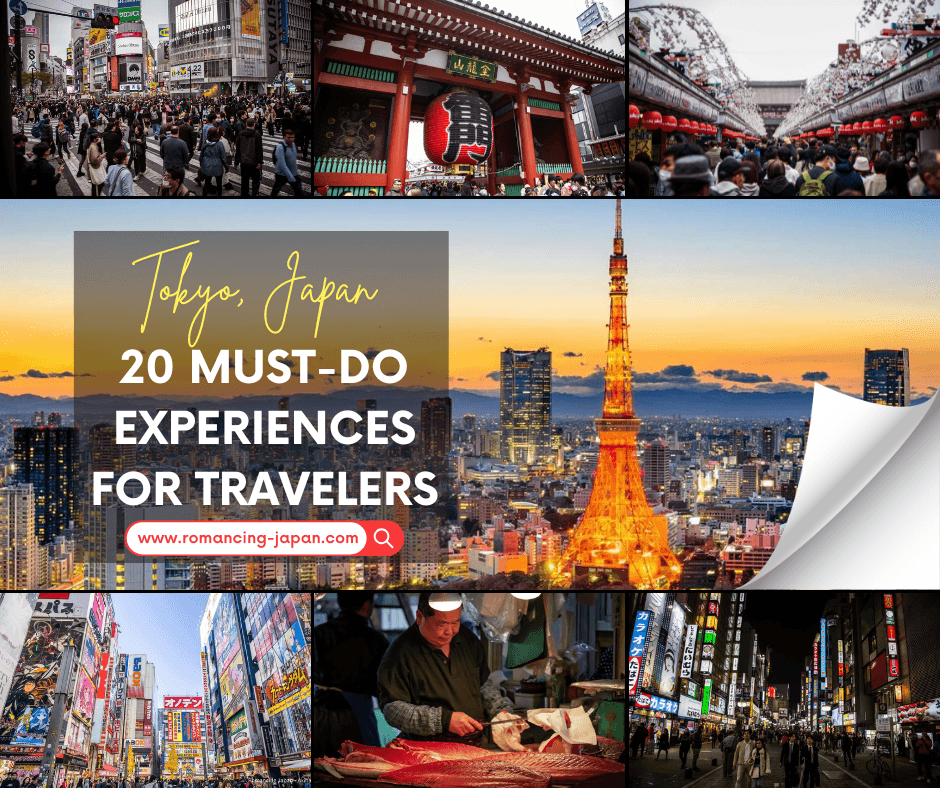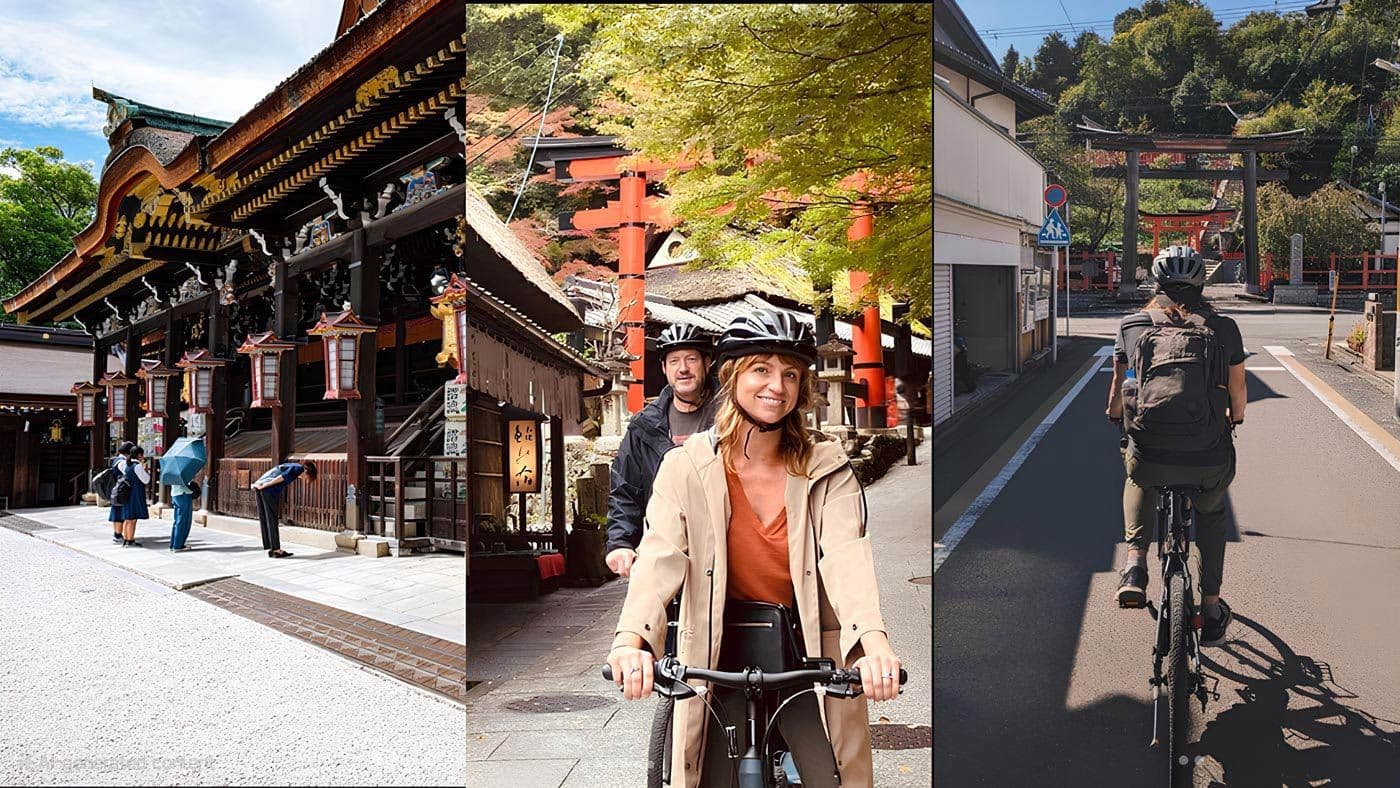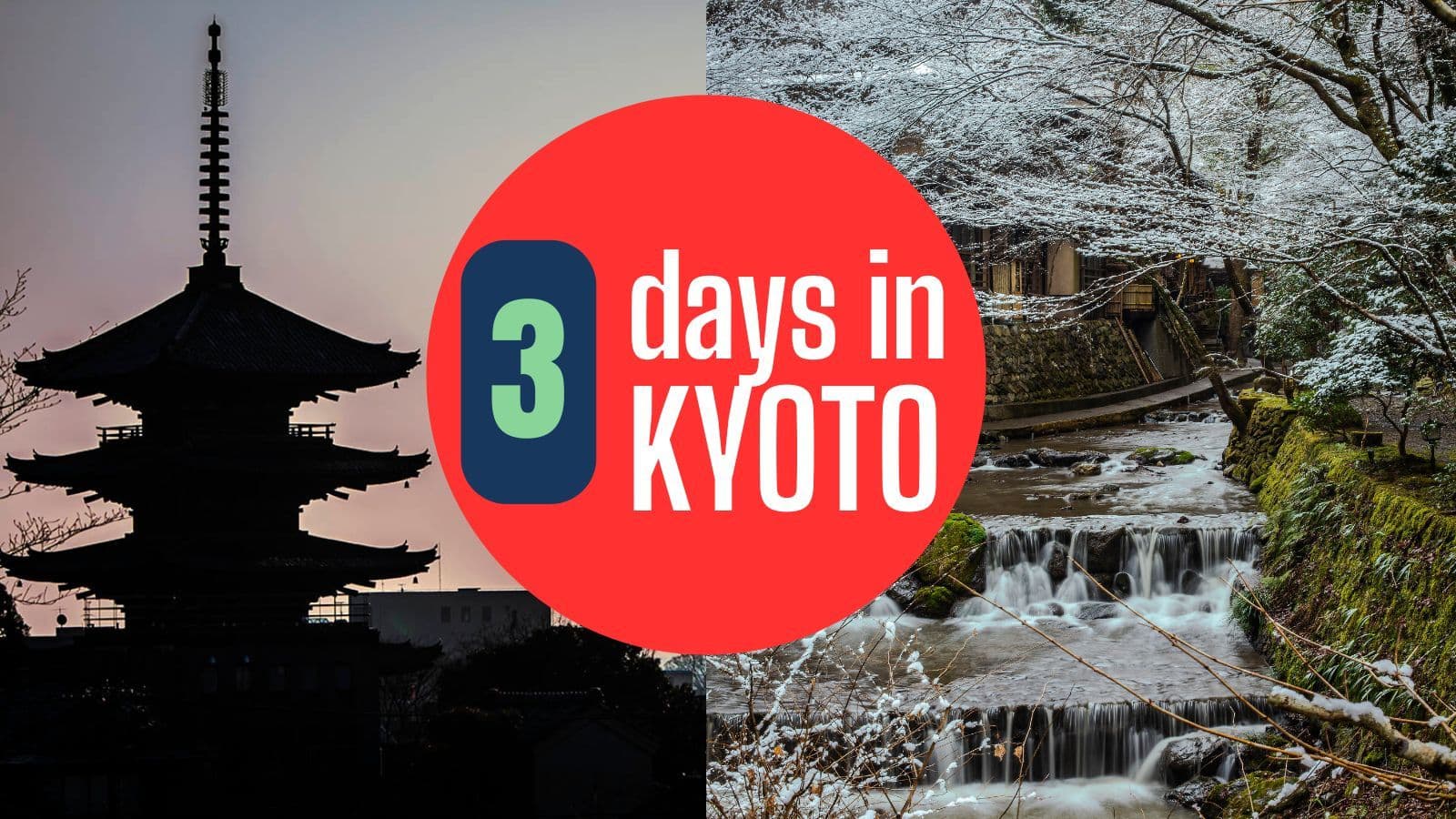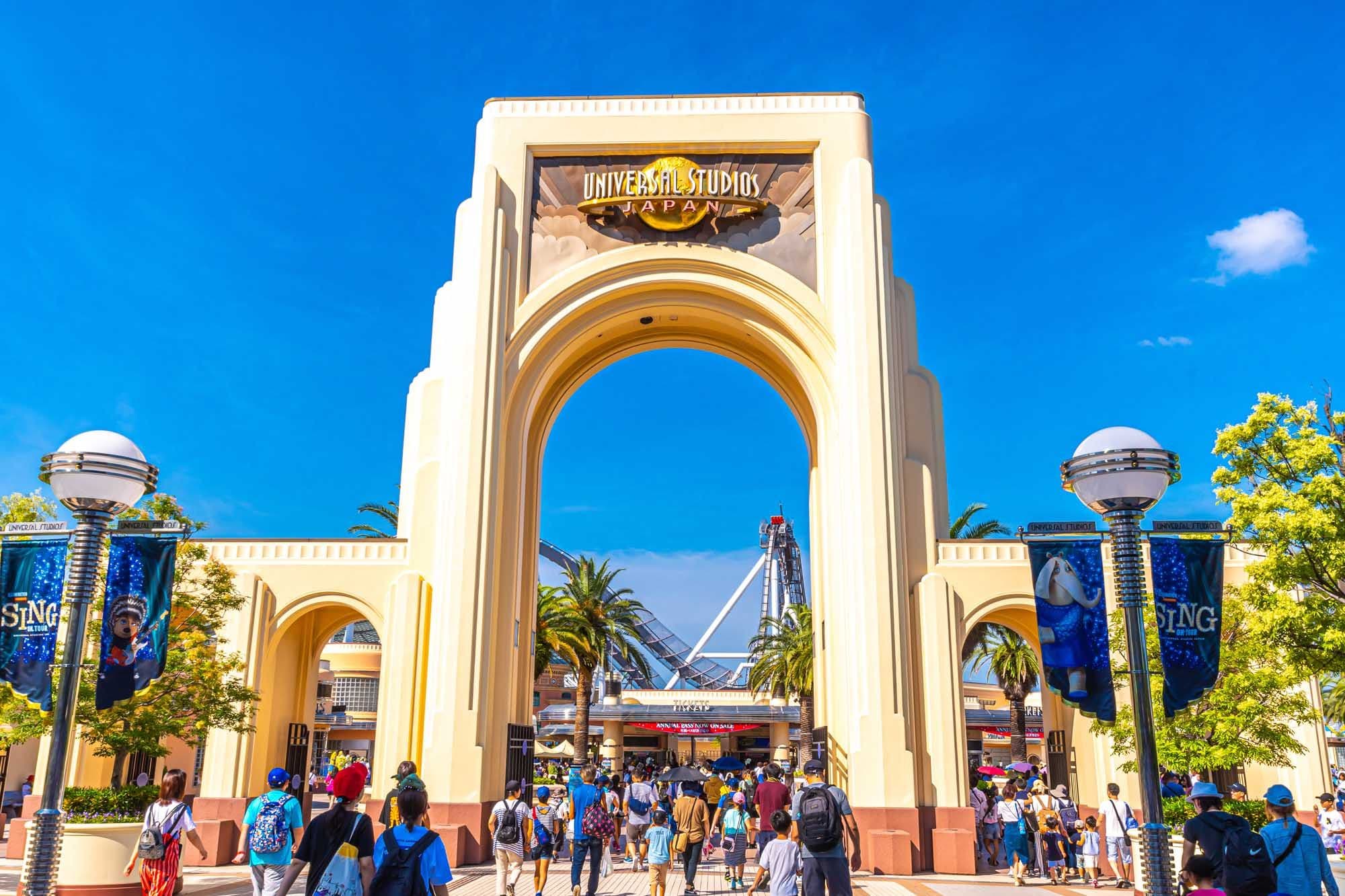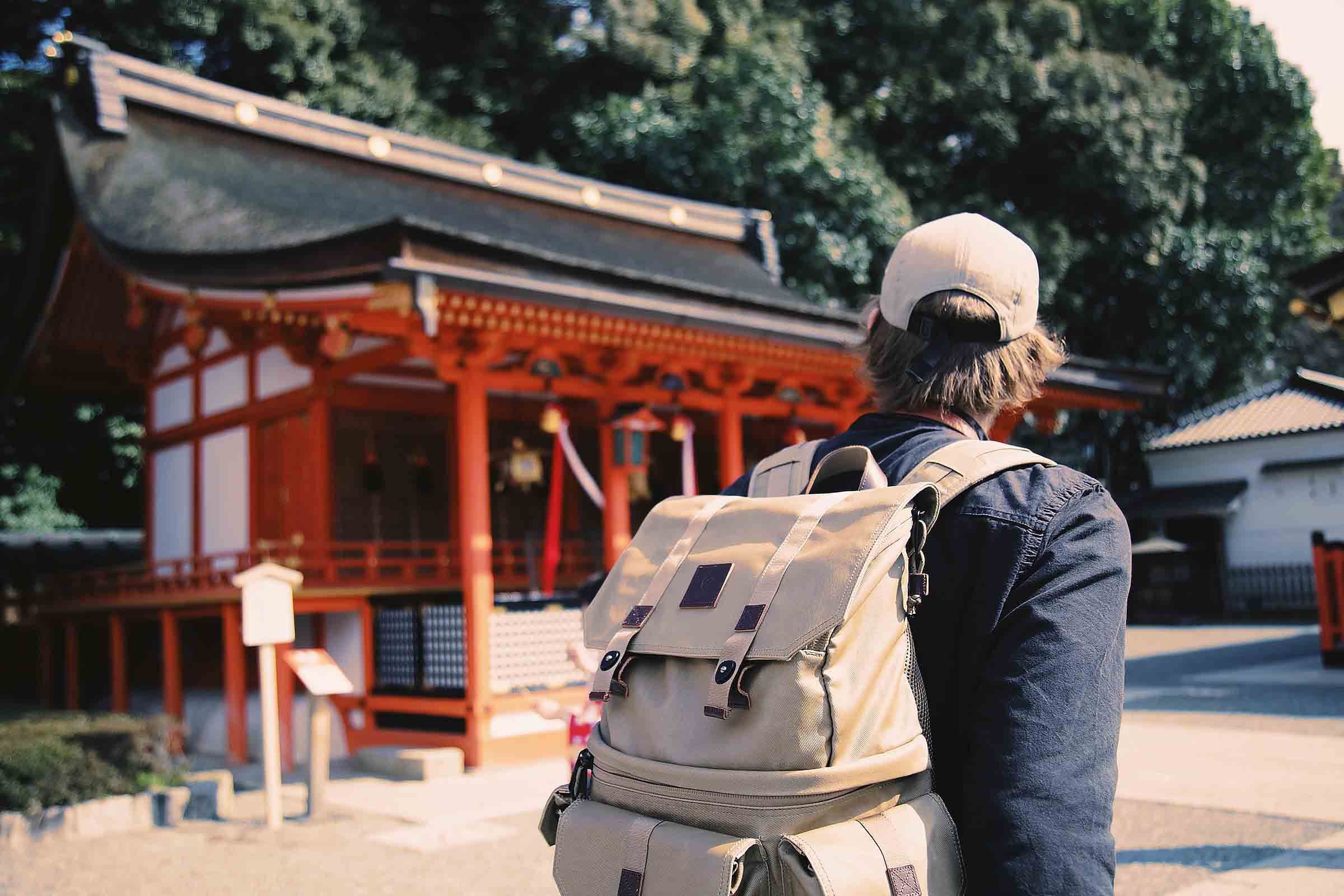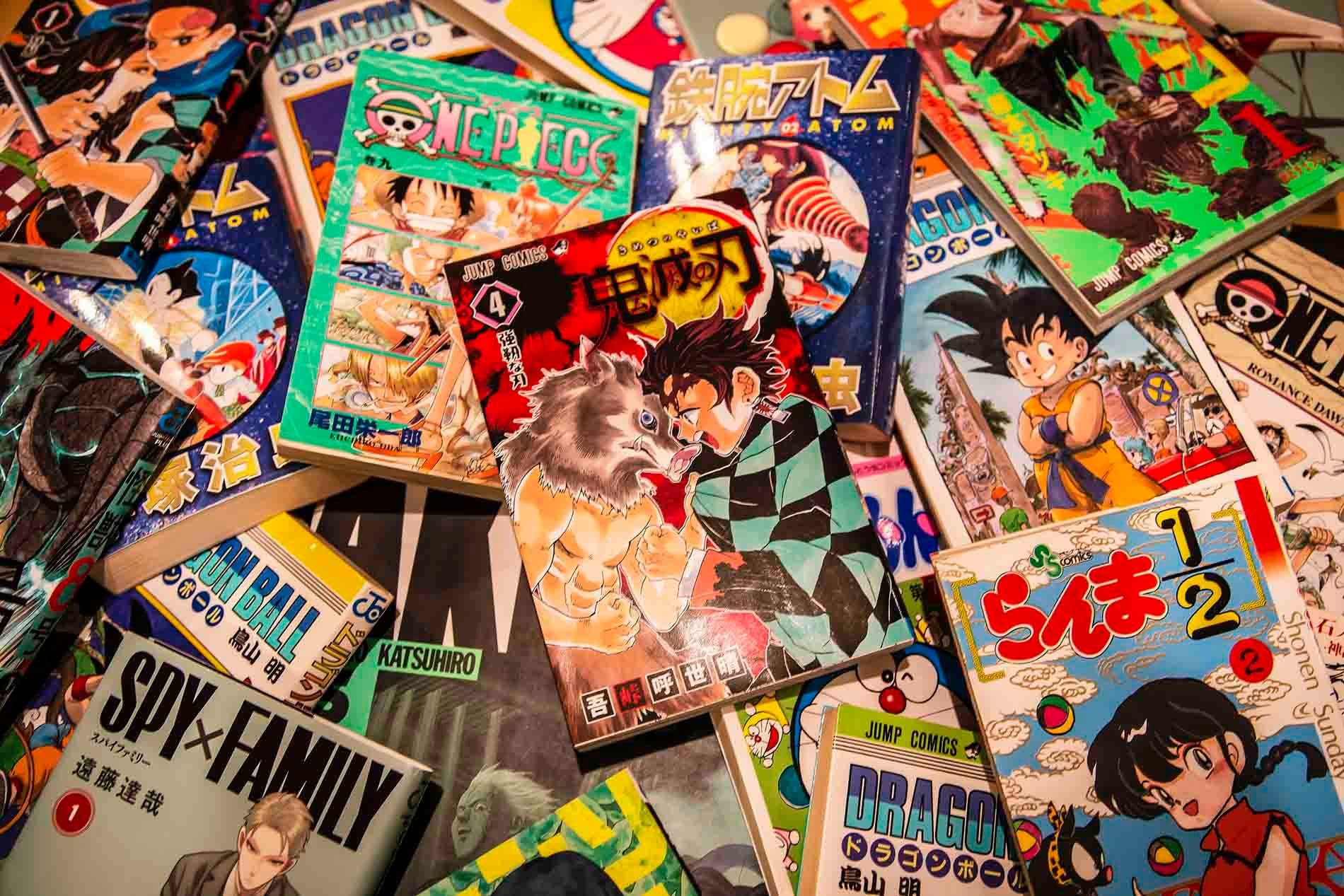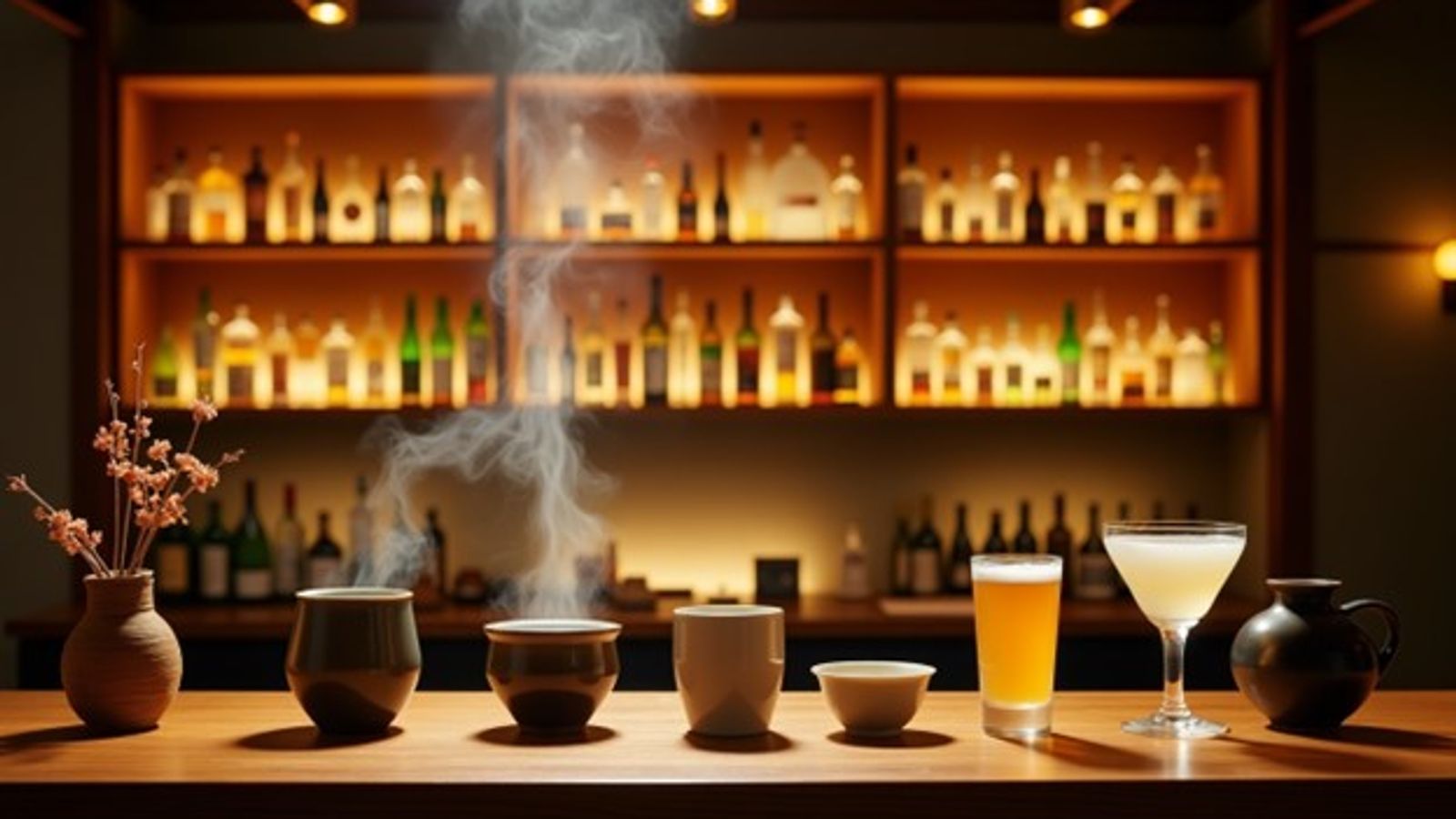
Can I Drink Alcohol in Japan? Drinking Age, Law & Etiquette
James Saunders-Wyndham

James Saunders-Wyndham
Table of contents:
The legal drinking age in Japan is 20 years old. This might be sad news for any tourist coming to Japan between the age of 18 and 19 years old. Some people dream of sipping Japanese alcohol like sake at a traditional 居酒屋 (izakaya - Japanese pub) or grabbing a cold beer from a Japanese vending machine (自動販売機 - jidouhanbaiki). However, before you get to Japan, you'll need to understand these age restrictions, or you could land yourself in trouble.

Let me break down how Japan's rules compare to other places you might know:
Let me be clear - Japanese authorities don't mess around with alcohol offenses. In 2007, the government started moving to a zero-tolerance policy regarding drink driving in Japan.
The blood-alcohol limit in Japan is 0.3mg in 1ml of blood or 0.15ml in 1L of breath. This means even one beer could put you over. I've seen tourists shocked when they learn about the penalties - fines up to ¥500,000 yen ($10,000 USD) and three years in prison for drunk driving.
In addition, if you are found to provide a vehicle to a person who is found to be drunk driving, you can be punished in the same way as the driver. What’s more, adults who ride in the car with a drunk driver can be punished for allowing irresponsible behavior by the driver.
No, you cannot ride a bicycle when drinking alcohol. From November 1st, 2024, changes to the Road Traffic Law have meant that it is illegal to ride a bicycle while under the influence of alcohol. Previously, penalties were only imposed in cases where cyclists were intoxicated to the point of being unable to ride safely.
Under the revised law, the criteria for cycling under the influence will now be the same as drink drivers—0.3mg in 1ml of blood or 0.15ml in 1L of breath. This also means that you could be fined the same amount also be liable to serve prison time of up to three years.
Important: If you are a tourist, keep your passport with you always. And if you are a resident, keep your residence card on you. I learned this lesson when a police officer stopped me in Osaka years ago. Without proper ID, you might end up spending hours at the police station.

Japanese drinking culture revolves around Japanese social norms balanced by 和 (wa - harmony) and mutual respect. Here's what I've learned over countless izakaya nights:
Something fascinating about work drinks - Japanese people often say 飲みニケーション (nominikeeshon - drinking communication) helps break down barriers. It's true - I've seen the most reserved colleagues open up after sharing a few drinks.

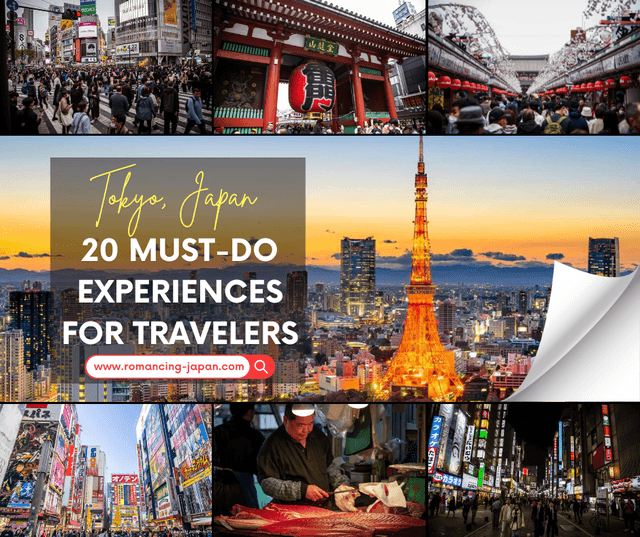
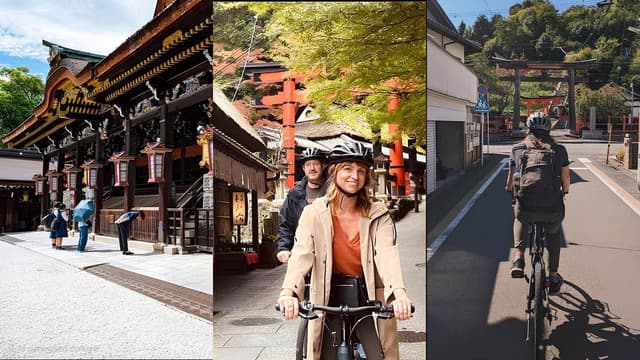
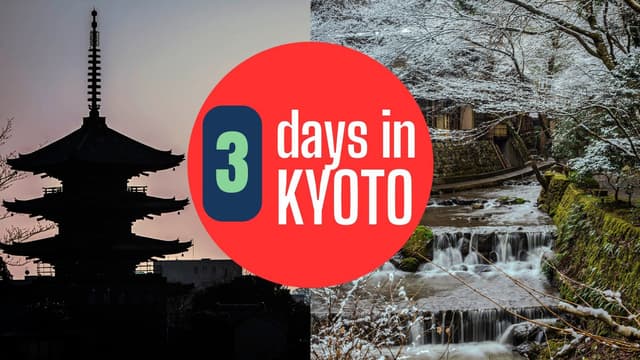
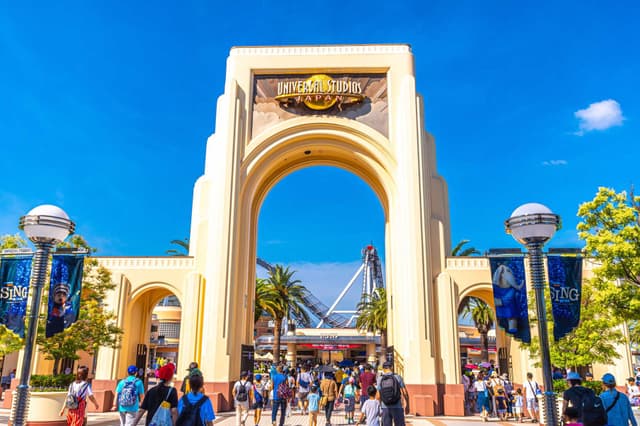
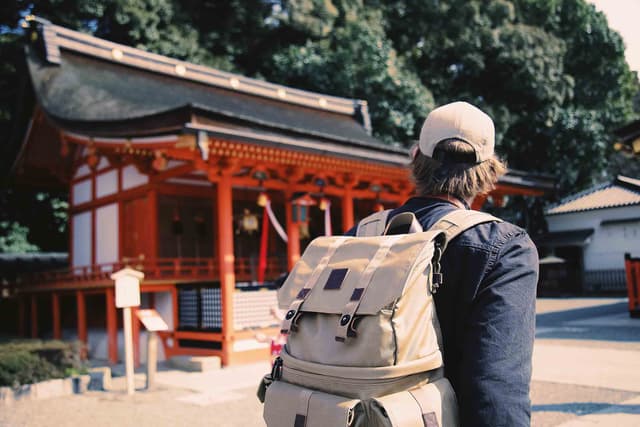
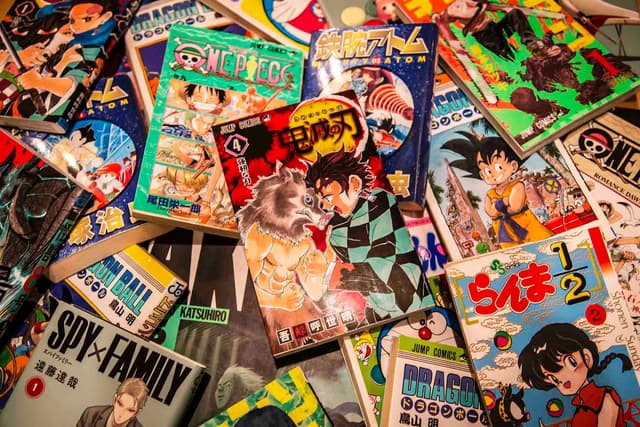
Once you're over 20, buying alcohol in Japan becomes surprisingly easy. You can get drinks from:
You'll need your passport for ID - it's the most reliable option. At convenience stores, you'll see a screen asking you to confirm your age. Tourist areas tend to check IDs more strictly, but enforcement varies by location.
Here's something interesting I've noticed while residing in Japan - while the laws look strict on paper, actual enforcement for tourists tends to be more relaxed than in places like America. But don't get too comfortable - vendors take huge risks selling to underage customers. Even a first offense brings fines starting at ¥10,000 (USD $70).

For tourists, your passport is the only legally recognized form of identification in Japan. I know it's tempting to just carry a photocopy, but trust me - bring your actual passport. It's not just about buying drinks; Japanese law requires all foreign visitors to carry their passport at all times (or residence card if you live in Japan).
| Status in Japan | Acceptable forms of identification |
| Japan Tourist | - Passport |
| - International Driver’s license | |
| Japan Resident | - Passport |
| - Japanese Driver’s license | |
| - Japan Residence Card |
I've noticed ID checking varies wildly depending on where you're drinking:
| Place | Information |
| Convenience Stores (コンビニ - konbini) | You usually just have you tap a screen to confirm that you're 20 years old or over. |
| Nightclubs (ナイトクラブ - naito kurabu) | They almost always want to see your passport. |
| Traditional Bars (居酒屋 - izakaya) | They rarely check IDs, especially in the case of foreigners. |
| Vending Machines (自動販売機 - jidouhanbaiki) | These have been disappearing over the years. But for the ones that remain, they need special verification cards. |
Most visitors tell me they're surprised by how relaxed ID checking feels here. At convenience stores, you'll typically just touch a screen confirming your age. But don't get too comfortable - some places take checking very seriously.
Here's something most guidebooks won't tell you - while police rarely stop foreigners, they have the right to request your passport anytime. Without it, you might end up taking an unexpected trip back to your hotel for verification. Thankfully, Japan's incredibly low crime rate means carrying important documents is generally safe.
For casual spots like izakayas or restaurants, ID checks are pretty rare unless you look particularly young. Though I've noticed tourist areas tend to be more careful about checking.
Important note: Even though enforcement seems casual in many places, always carry your passport. I've seen simple drink purchases turn into lengthy ordeals when tourists couldn't prove their age.

Let me tell you about buying alcohol in Japan - it's surprisingly convenient! After living here for years, I still get amazed at how easy it is to grab a drink, whether it's 3 PM or 3 AM.
The entertainment districts of Shibuya, Shinjuku, and Roppongi have plenty of spots catering to foreigners.
For buying bottles, these are my go-to places:
Local Insight:
I always stock up at supermarkets because they're cheaper than convenience stores. While chain store prices stay pretty steady between Tokyo and Osaka, tourist areas tend to charge a bit more.Something that still surprises my foreign friends - unlike many countries, Japan lets you buy alcohol 24/7. Trust me, this makes life much easier when you're craving a cold one after a long day of sightseeing!
Your best friend for buying drinks will be コンビニ (konbini - convenience stores), open 24 hours a day. These places are everywhere and offer:
Those famous alcohol vending machines you might have heard about? They're getting harder to find, but you can still spot them in Tokyo and Osaka. They usually stock beer and sake from specific brands.
I remember my first izakaya experience - the prices shocked me! A beer costs about double what you'd pay at a convenience store. But don't let that stop you. You'll quickly learn the magic phrase "とりあえずビール" (toriaezu biiru - "For the meantime, I'll have a beer").
Here's how to drink without breaking your wallet:

Don't let Japanese language stop you from enjoying Japan's drinking scene. These Japanese phrases have saved me countless times:
Trust me on this - speaking louder won't help and actually offends people. I've found a smile and respectful gestures work much better when communication gets tough.
Local Insight:
Be extra careful in places like 六本木 (Roppongi) and 歌舞伎町 (Kabuki-cho). I've heard too many stories about tourists getting their drinks spiked and waking up to empty bank accounts. If something happens, file a police report before leaving Japan - you can't do it from overseas.Most places in big cities now have picture menus or English translations. If you're stuck, just ask "英語のメニューありますか?" (Eigo no menu arimasu ka? - Do you have an English menu?).
Let me share something that happened to a friend - he thought he could drive after "just one drink" in Japan. That nearly cost him $10,000 and his visa status. Safety isn't just a suggestion here; it's crucial for enjoying Japan's drinking culture.
Never drive after drinking – Japan's drunk driving laws are brutal, with a blood alcohol limit of just 0.03%. Here's what I recommend instead:
Here's a clever Japanese solution I love - if you drove somewhere, use 代行 (daiko) service. Two drivers show up - one drives your car home while another follows. Brilliant, right?
I keep these numbers saved in my phone, and you should too:
Important: Your hotel's front desk can be a lifesaver if you need medical help.
Understanding Japanese drinking customs took me years to master. Here's what I wish someone had told me:
Never pour your own drink - It's all about mutual service here. Hold your glass with both hands when someone pours - it shows respect.
Pace yourself - Nobody likes the loud drunk foreigner. Trust me, being labeled a heavy drinker in Japan is bad news. It's totally fine to:
Food and drinking go hand in hand here. You'll always get おつまみ (otsumami - snacks) with drinks. I learned this helps prevent getting too drunk too fast.
Business drinking can be tricky. While some drunkenness is seen as a social lubricator, don't lose your composure. I've seen too many cases where 60% of problem drinking involves businessmen feeling pressured to keep up with colleagues.
Local Insight:
Feeling pressured to drink more? Just cover your glass with your hand or keep it full. Works every time without offending anyone.The legal drinking age in Japan is 20 years old. This applies to both locals and tourists for purchasing and consuming all types of alcoholic beverages.
While the law is strict on paper, enforcement can be more relaxed for tourists. However, it's important to carry proper identification, such as your passport, as some establishments do check IDs, especially in tourist areas.
Tourists can buy alcohol from various venues including convenience stores (open 24/7), supermarkets, restaurants, bars, and some vending machines. Convenience stores are the easiest option, offering a wide selection of drinks at reasonable prices.
Yes, public drinking is legally permitted in Japan. It has long been a part of Japanese cultural celebrations. However, it's important to maintain appropriate behavior and respect local customs while drinking in public.
Key aspects of Japanese drinking etiquette include: waiting for everyone to be served before drinking, pouring drinks for others instead of yourself, never pressuring others to drink more than they want, and saying "kampai" (cheers) before your first drink. It's also common to have food with drinks to moderate alcohol consumption.
Loading Comments...

I've been immersed in Japanese culture and daily life for over 30 years and am proud to call Japan my home. Originally from Australia, my journey has taken me from teaching at Japanese universities to traveling extensively across the country, uncovering its hidden gems. As a web developer, I built Romancing Japan from the ground up to share these experiences with you. Whether it's the charm of old Kyoto, the pulse of Tokyo, or the tranquility of the countryside, I love helping others discover the magic of Japan—one story at a time.
